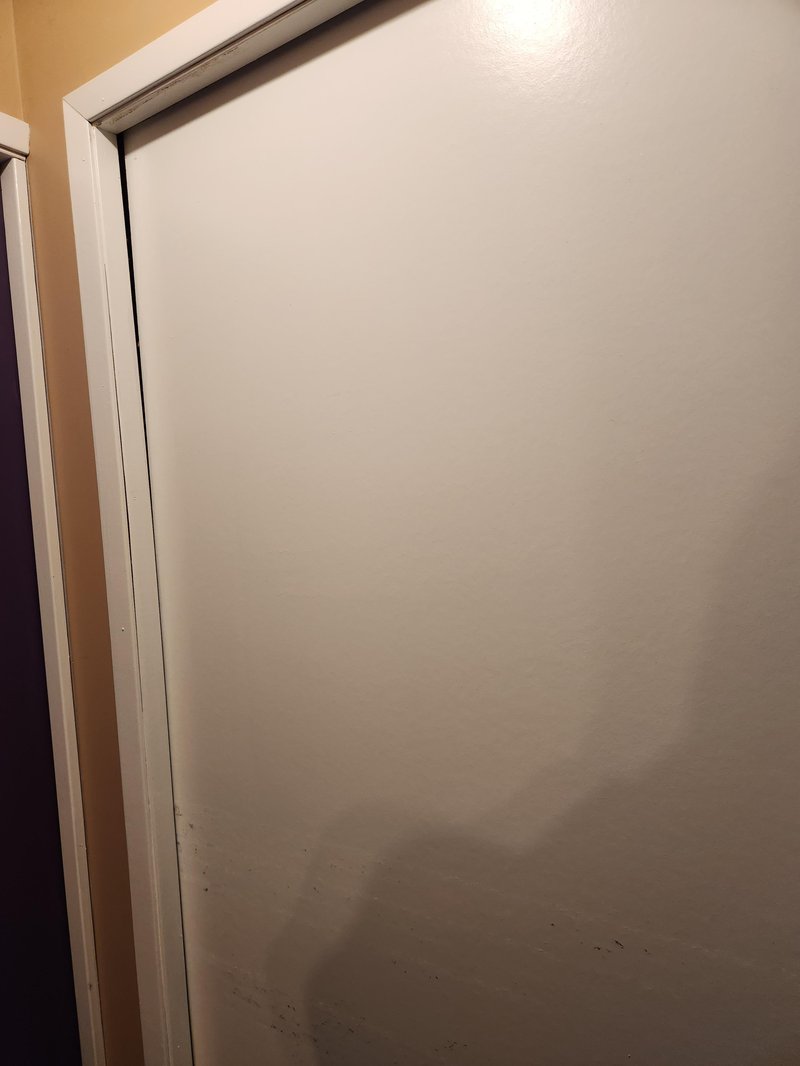
Pocket doors are great space-savers, sliding effortlessly into the wall. But when they start making noises, it can feel like they’re protesting their existence. In a world where home renovation and repairs can get overwhelming, understanding why your pocket door is acting up can save you time and stress. Let’s break down the possible reasons for that irritating scraping sound and how to deal with it.
Understanding the Basics of Pocket Doors
Pocket doors are a clever solution for tight spaces. They slide into the wall, allowing you to save valuable floor space. Unlike regular hinged doors, pocket doors don’t swing open and close, which makes them perfect for small rooms or narrow hallways. However, their unique design means they can have their share of issues, especially if something isn’t quite right.
If you think about it, a pocket door is like a happy little secret. When it’s working well, it hides away neatly, but when it’s not, it’s all too loud and obvious. Here’s where the scraping sound comes into play. It usually indicates that something isn’t aligned, or the door itself may be in trouble.
Common Causes of the Scraping Sound
There are several common culprits behind that annoying scraping sound. Let’s dig into them one by one.
Improper Alignment
One of the most frequent reasons for a scraping sound is a misaligned pocket door. Over time, the door can shift a bit from its original position due to wear and tear. If it’s rubbing against the frame, it can create that unpleasant noise.
To check for this, gently pull the door back and forth. If you notice it’s not sliding smoothly, it might be out of alignment. You can often fix this simply by adjusting the rollers at the top of the door track.
Worn Rollers
Another possibility is worn-down rollers. The rollers are essential because they help the door glide smoothly along the track. If they’re damaged or worn out, they can cause the door to stumble or catch, leading to that dreaded scraping sound.
To check the rollers, you may need to take the door off its track. It might sound a bit daunting, but with a bit of patience, you can do it yourself. If the rollers are indeed the problem, consider replacing them for quieter operation.
Debris in the Track
Sometimes, the solution is much simpler. Debris, like dust or small objects, can accumulate in the door track and interfere with the door’s movement. Imagine trying to slide a car over a pile of rocks; it just won’t work smoothly.
To fix this, inspect the track and clean out any debris. Use a soft brush or a vacuum to get rid of the dirt, and you may find that scraping sound disappears altogether.
How to Troubleshoot the Problem
Now that we’ve identified some potential causes, let’s talk about how to troubleshoot the noise effectively. By following a few simple steps, you can often diagnose and fix the problem without needing a professional.
Step 1: Inspect the Alignment
Start by checking the alignment of your pocket door. Gently pull the door back and forth. Look for any gaps between the door and the frame. If it seems misaligned, loosen the screws on the roller brackets and adjust the door until it’s straight. Tighten the screws back once it’s in place.
Step 2: Check the Rollers
Next, it’s time to look at the rollers. If they seem worn or damaged, consider replacing them. To access the rollers, you might need to remove the door from the track. Take your time here; it’s important to do it carefully to avoid further mishaps.
Step 3: Clean the Track
Cleaning the track is super easy. Use a vacuum or a damp cloth to remove dust and debris. Make sure you get into the corners, as dirt loves to hide there. After cleaning, try sliding the door again to see if the sound has disappeared.
When to Call a Professional
While many pocket door issues can be solved with a bit of elbow grease, there are times when you might need to call in a pro. If you’ve gone through the alignment, rollers, and cleaning, yet the scraping sound persists, it may be time to ask for help.
A professional can assess the overall structure of the door and track system. They’ll have the tools and expertise to handle more complex issues or repairs that you might not feel comfortable tackling on your own.
Preventing Future Issues
Once you’ve solved the scraping issue, it’s wise to take steps to prevent it from happening again. Regular maintenance can keep your pocket door in tip-top shape for years to come.
– Regularly clean the track: A little maintenance goes a long way. Make cleaning the track part of your regular cleaning routine.
– Check alignment periodically: Just like you check your smoke detectors, give your pocket door a quick check every few months.
– Lubricate the rollers: A little bit of silicone spray or a similar lubricant can keep the rollers moving smoothly.
These simple actions can help you avoid future frustrations.
Dealing with a *scraping sound* from your pocket door can be frustrating, but with a little understanding and some simple troubleshooting, you can usually resolve it without breaking a sweat. Whether it’s because of misalignment, worn rollers, or debris, knowing how to address the issue turns a pesky problem into a manageable task.
Remember, maintenance is key to keeping your pocket door happy and noise-free. So, take a moment to check in on your door every now and then, and it’ll be sliding smoothly for years to come.
